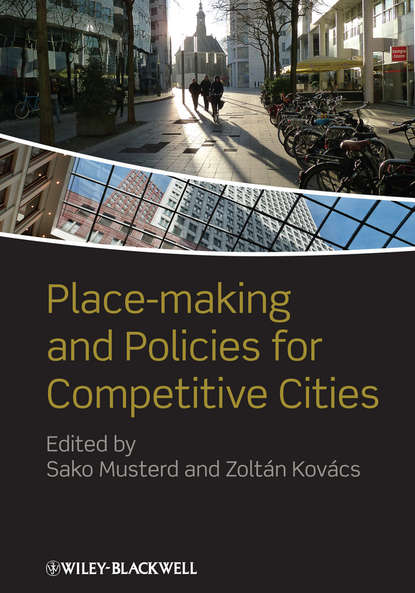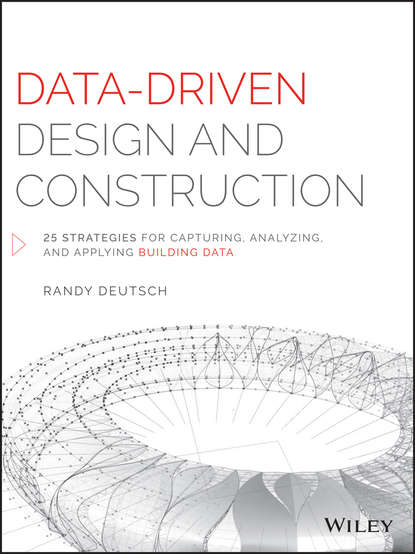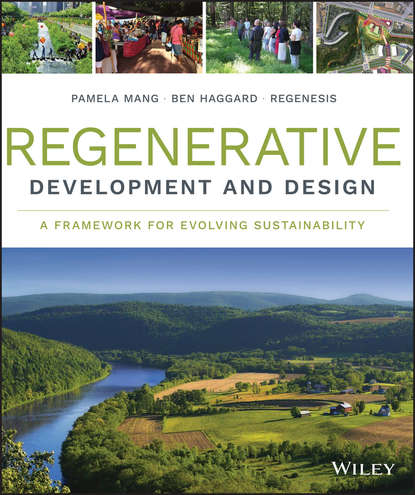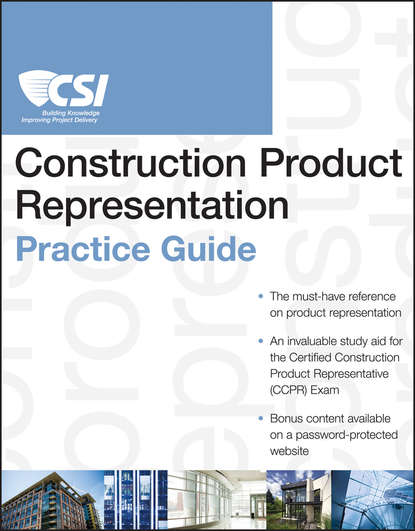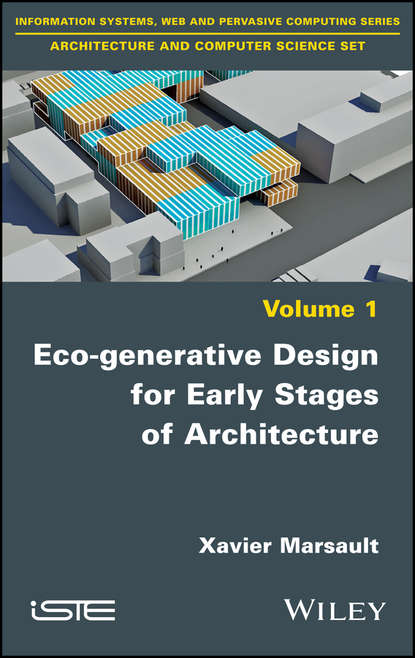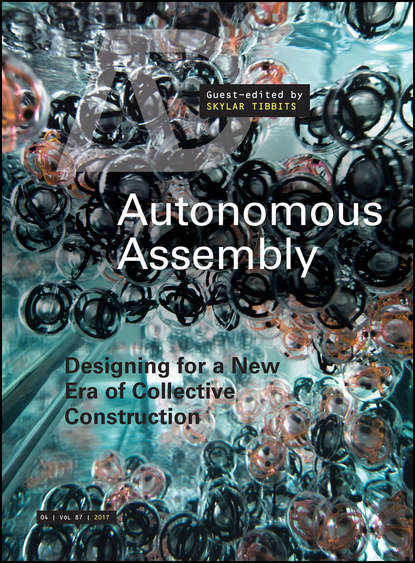Книга "Place-making and Policies for Competitive Cities" посвящена политикам, которые помогают укрепить экономическую конкурентоспособность городов, особенно в области креативной экономики знаний, такой как искусство, медиа, развлечения, креативные бизнес-услуги, архитектура, издательство, дизайн, информационно-коммуникационные технологии, научно-исследовательская деятельность, финансы и право. Авторы изучили опыт и стратегии 13 городов-регионов в Европе, включая Амстердам, Барселону, Бирмингем, Будапешт, Дублин, Хельсинки, Лейпциг, Милан, Мюнхен, Познань, Ригу, Софию и Тулузу. Эти города имеют различные истории и роли, разные экономики и отрасли, различные культурные, политические и социальные традиции. Книга представляет анализ политик, основанных на теории местоположения, кластерных политик, политик, направленных на привлечение талантов, а также политик, связанных с маршрутами, местом и личными сетями. Авторы книги оценивают и переосмысливают действующие политики, основанные на новых и старых предположениях, и делятся практическими рекомендациями для управления городами, ориентированными на знания, что делает эту книгу полезной для научного и практического обсуждения в быстро меняющейся области развития креативных городов знаний.
Policies to strengthen city competitiveness are becoming increasingly important for urban policymakers. This volume concerns policies related to creating knowledge cities capable of economic growth.
The research explores policies applied in 13 distinct European cities, investigating their experiences, options and strategies. Cities covered vary geographically, economically, culturally and institutionally. The book critically assesses and evaluates the assumptions behind policies and suggests adapted strategies for coping with local contexts.
Электронная Книга «Place-making and Policies for Competitive Cities» написана автором Musterd Sako в году.
Минимальный возраст читателя: 0
Язык: Английский
ISBN: 9781118554425
Описание книги от Musterd Sako
Urban policy makers are increasingly striving to strengthen the economic competitiveness of their cities. Currently, they do that mainly in the field of the creative knowledge economy – arts, media, entertainment, creative business services, architecture, publishing, design; and ICT, R&D, finance, and law. This book is about the policies that help to realise such objectives: policies driven by classic location theory, cluster policies, ‘creative class’ policies aimed at attracting talent, as well as policies that connect to pathways, place and personal networks. The experiences and policy strategies of 13 city-regions across Europe have been investigated: Amsterdam, Barcelona, Birmingham, Budapest, Dublin, Helsinki, Leipzig, Milan, Munich, Poznan, Riga, Sofia and Toulouse. All have different histories and roles: capital cities and secondary cities; cities with different economies and industries; port-based cities and land-locked cities. And all 13 have different cultural, political and welfare state traditions. Through this wide set of contexts, Place-making and Policies for Competitive Citiescontributes to the debate about the development of creative knowledge cities, their economic growth and competitiveness and advocates the development of context-sensitive tailored approaches. Chapter authors from the 13 European cities rigorously evaluate, reformulate and test assumptions behind old and new policies. This solidly-grounded and policy-focused study on the urban policy of place-making highlights practices for different contexts in managing knowledge-intensive cities and, by drawing on the varied experiences from across Europe, it establishes the state-of-the-art for both academic and policy debates in a fast-moving field.
